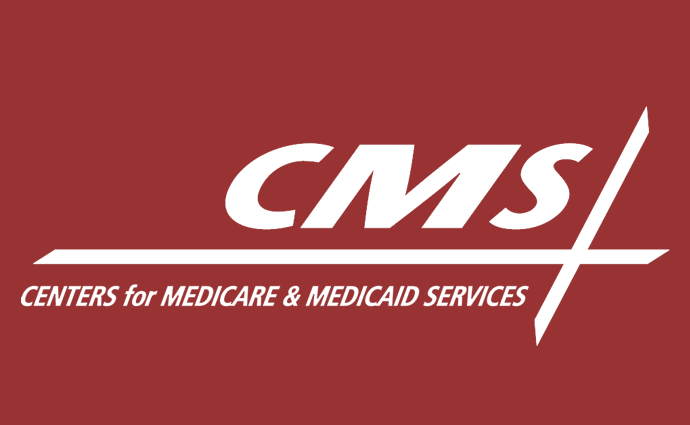CMS Medicaid Scorecards Increase Transparency, Accountability
CMS released new Medicaid scorecards to increase transparency in state-level Medicaid performance and improve accountability for patient outcomes.

Source: Thinkstock
- CMS has released new Medicaid scorecards that contain care quality data on a state-by-state basis in order to improve transparency and accountability across the Medicaid program.
CMS Administrator Seema Verma emphasized a need for increased access to Medicaid data and care outcomes, which is part of the agency’s greater goals of improving public payer transparency for consumers and stakeholders across the healthcare industry.
“Despite providing health coverage to more than 75 million Americans at a taxpayer cost of more than $558 billion a year, we have lacked transparency in the performance and outcomes of this critical program,” Verma said.
“The scorecard will be used to track and display progress being made throughout and across the Medicaid and CHIP programs, so others can learn from the successes of high performing states,” she continued. “By using meaningful data and fostering transparency, we will see the development of best practices that lead to positive health outcomes for our most vulnerable populations.”
Each state’s scorecard uses three measures based on health system performance, state administrative accountability, and federal accountability.
Currently, metrics are available related to health system performance for physical, mental, behavioral, and preventive health in state Medicaid systems. Scorecard users can see how well by volume states are performing services such as well-child visits, immunizations, preventive and behavioral interventions, and hospitalization follow-ups.
State administrative accountability measures analyze how well state and federal governments work together to administer Medicaid and CHIP programs. These measures include performance related to functions such as the number of days to submit regulatory information and how long it takes states to review Medicaid managed care capitation rates.
The federal accountability measures slightly differ and measure how long it takes CMS officials to approve programs and state requests, including 1115 waivers and other Medicaid demonstrations.
The preliminary scorecards provide extensive information about Medicaid utilization rates, enrollment eligibility, and how Medicaid programs compare to other states.
For example, scorecard users examining Medicaid data in Massachusetts can quickly learn that the state is in the 96th percentile for adolescent primary care provider visits, but is in the median to lower quartile range for adolescent and young adult asthma medication administration.
Users can go to this landing page to review other state programs and explore scorecard data.
CMS plans to update the scorecard to address other issues including opioid-related patient safety risks in Medicaid programs as well as community care statistics.
“As features and data sources improve, future versions will also enhance the purposes for which Scorecard can be used,” CMS said.
“For example, CMS could use the Scorecard as an accountability tool for state performance and outcomes rather than requiring separate or duplicative reporting,” the agency explained. “CMS and states will continue to work together toward these goals.”
CMS maintained that improvements in Medicaid data transparency will reinforce the state-federal relationship needed to improve cost and outcomes for Medicaid beneficiaries across the US.
“Through a strengthened partnership with states, CMS will advance policies and projects that increase flexibility, improve accountability and enhance program integrity and are designed to fulfill the Medicaid program’s promise to help Americans lead healthier, more fulfilling lives,” CMS said.
“As states continue to seek greater flexibility from CMS, the scorecard will serve as an important tool in ensuring that CMS is able to collect and report on critical outcome metrics.”
